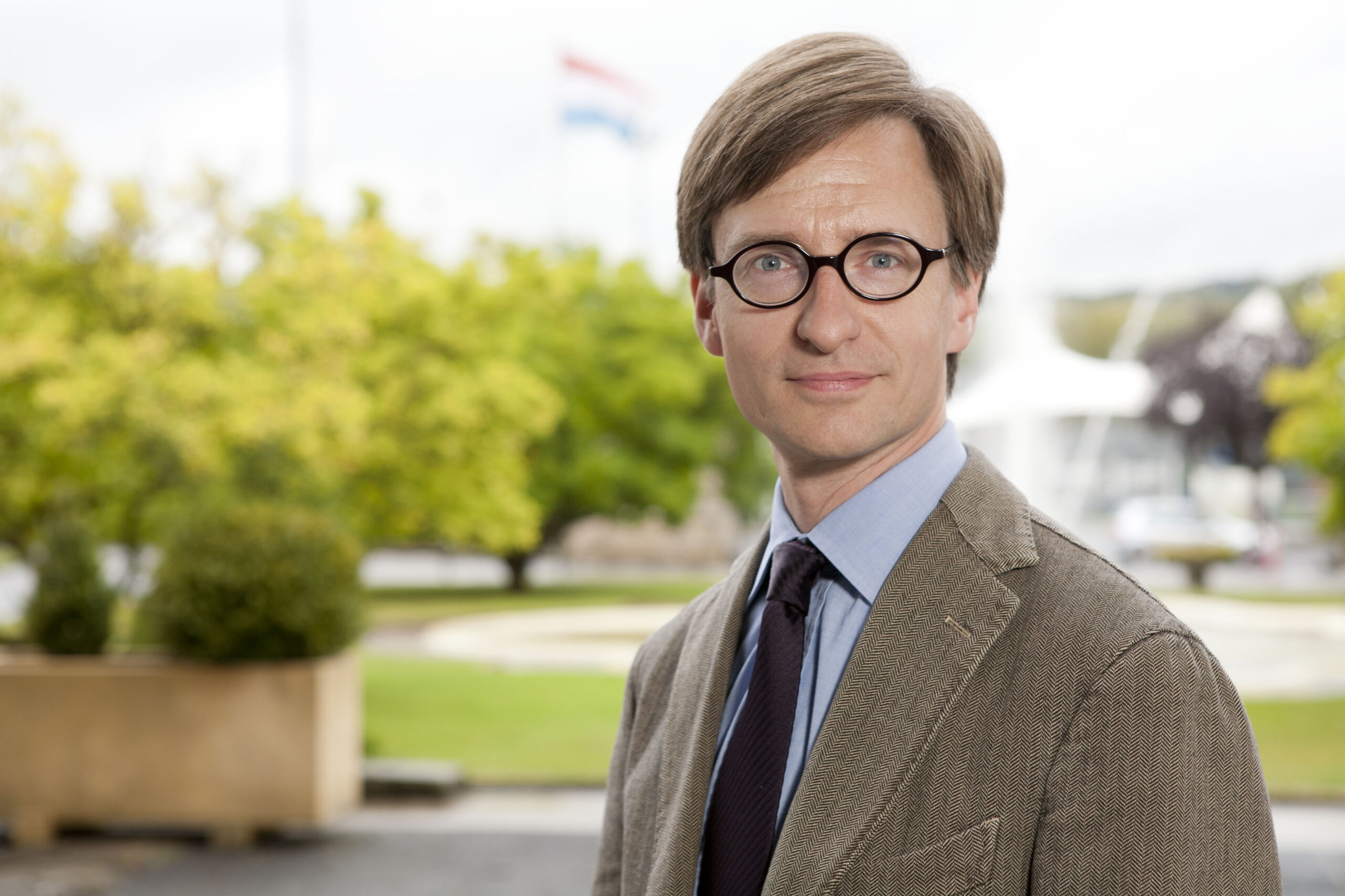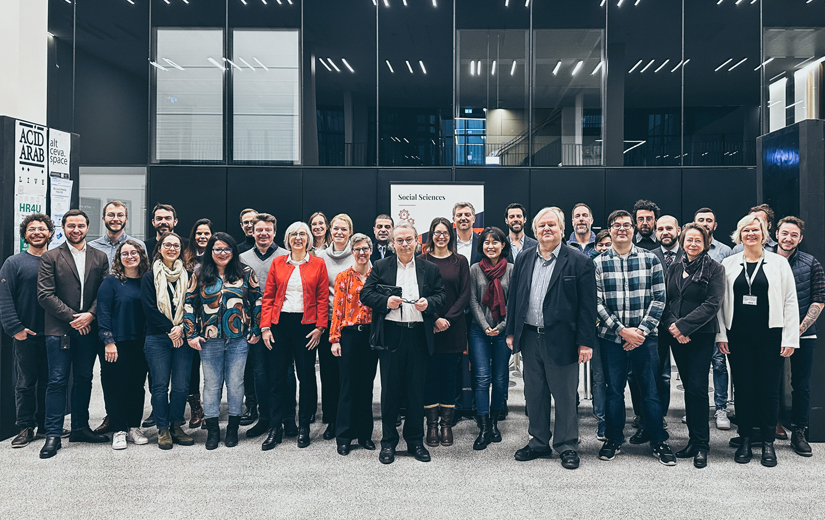About the Department of Social Sciences
The Department of Social Sciences contributes to the shaping of public policy in relation to both the unique challenges and opportunities facing Luxembourgish society and to the development of wider European and international frames of reference.
Our Study Programmes
Download our brochure

Meet the team
An international team committed to rigorous critical social inquiry
The Department of Social Sciences brings experts. DSOC fosters a climate supportive of critical social inquiry that respects the academic freedom of its members to pursue their research interests in terms consistent with the highest standards of scholarly independence and rigour.


